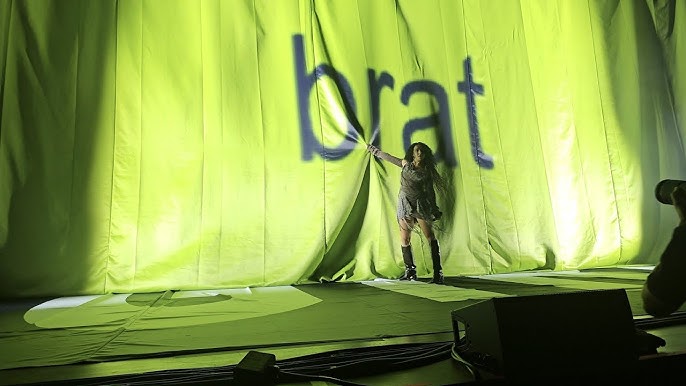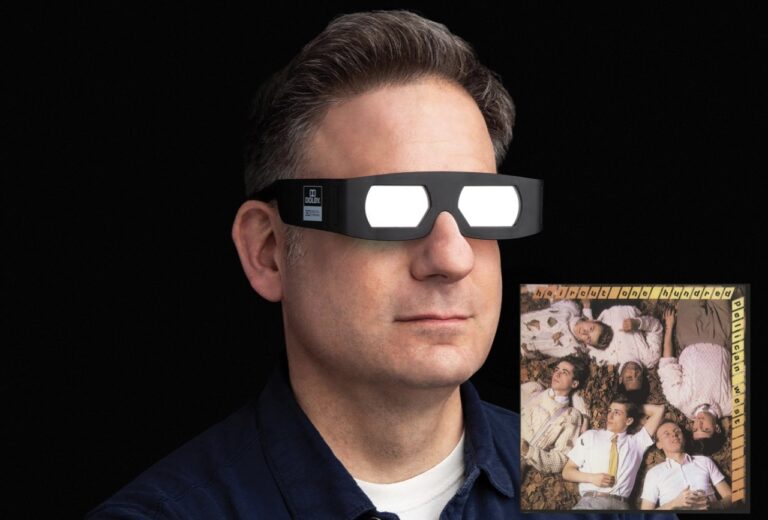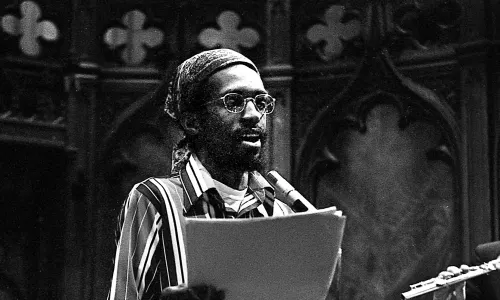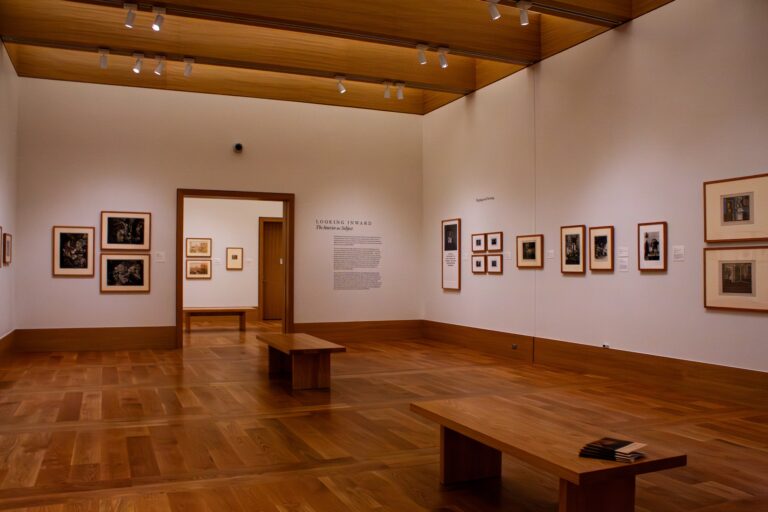Album Review: “You’re No Dream” by Soltero
If Conor Oberst has taught us anything – aside from the fact that sounding like a pigeon won’t stop NPR from heralding you as the next Bob Dylan…or Winona Ryder from wanting to date you – it’s that brooding one-man folk acts should be wary of the line that separates heartfelt from overwrought. (This, I might add, holds especially true for one-man folk bands with embarrassingly earnest names like Bright Eyes that describe the extent of their emo-ness.) It’s a lesson that singer-songwriter Tim Howard, the creative force behind chameleonic indie band Soltero (and a University alum), has taken to heart in his latest record, “You’re No Dream.”
Released in May, 2008, the largely acoustic album (Soltero’s fifth full-length) marks a stark shift in tone from Howard’s most recent record, 2005’s “Hell Train,” which featured catchy retro-pop sing-a-longs and lush full-band instrumentation. Throwing jangly irony and Soltero’s rotating cast of musicians to the wind, “You’re No Dream” finds Howard returning to his lo-fi solo roots with a quiet, minutely studied collection of songs about dislocation and wary almost-love.
These proved fitting themes for Howard, who wrote and recorded the album in the immediate wake of his move from his long-time New England base to West Philadelphia, a ramshackle neighborhood spotted with overgrown weed fields and huge abandoned houses. Like any good artist, Howard took a cue from his surroundings, using Philadelphia’s rugged landscape as inspiration for his newly stripped-down musical approach. He describes the circumstances of recording in the liner notes for “You’re No Dream.”
“Shortly after moving to Philadelphia I set up an 8-track studio in the house on S. Melville and started borrowing instruments from musician friends,” Howard wrote. “I hung up blankets, bought cheap rugs, and retrieved a broken hand drum and a shelled wind organ from a vacant house. Something in that drum’s eye told me there was no going back to the days of the full kit.”
The result is a collection of silvery, subdued songs that seem to expand into an orbit of empty space, as though rattling around in the gutted rooms where they were conceived. “You’re No Dream” frequently evokes the melancholic fluidity of Elliott Smith’s best records, with tracks that overlay innocent, haunting melodies with wraith-like vocals that veer almost imperceptibly from hope to deflated weariness. The hesitating delicacy of these songs is, Howard writes, crafted through careful design: “I wanted them to be slight and unsure, like a novice pickpocket.” Among the best of this ilk is “Out at the Wall,” a stark, shimmering track taut with restraint and hushed lyricism: “I was made / With nothing in mind / No hand of the Lord / No quiet design.”
Howard infuses his songs with vivid visual snippets and narratives, though his lyrics are periodically lost in echoey production or underplayed vocals. In tracks like “Ol Holiday,” Howard makes the most of this deadpan delivery, achieving a sublime creepiness reminiscent of Velvet Underground ballads like “Pale Blue Eyes“ or the morbid “Candy Says.” Other highlights of the album include the sprawling, self-consciously Eastern-sounding “Along the Wire,” epiphanic instrumental “Fete du Feu” and quirky heartbreaker “Lemon Car.”
Although they all share a hollow, stripped-down aesthetic and finely tuned articulation, the songs on “You’re No Dream” are difficult to pin down, inhabiting a space suffused with ambiguity. It is this weirdly lucid sense of the in-between that characterizes the record, which, with its wistful ukulele and stark, almost tribal percussion, seems to exist entirely within the phantom space between sleep and wakefulness.







Leave a Reply